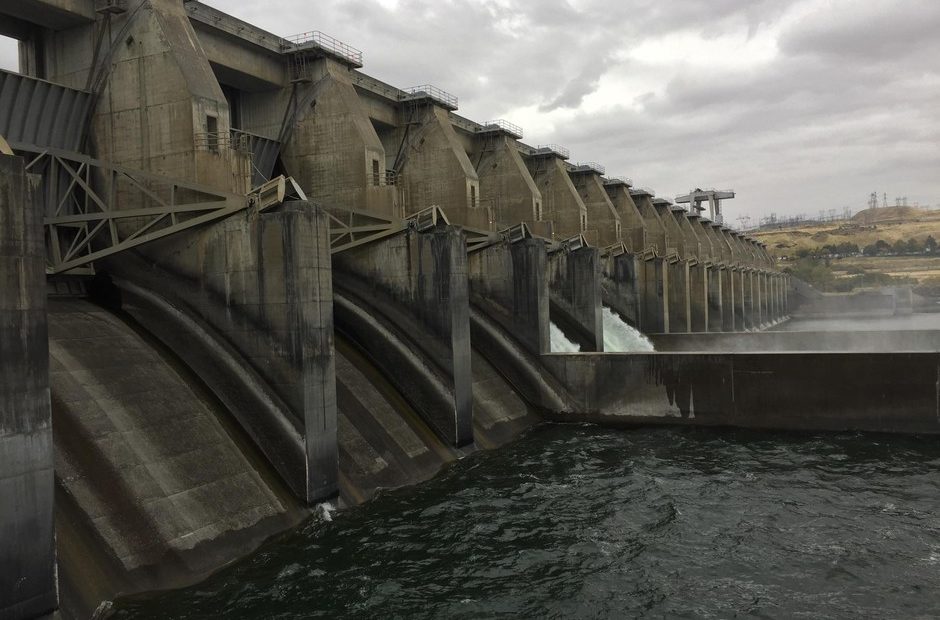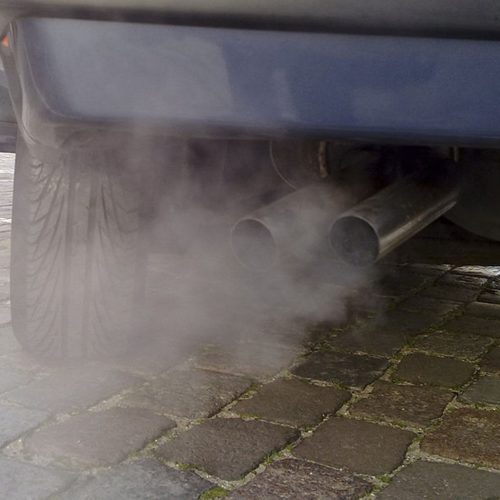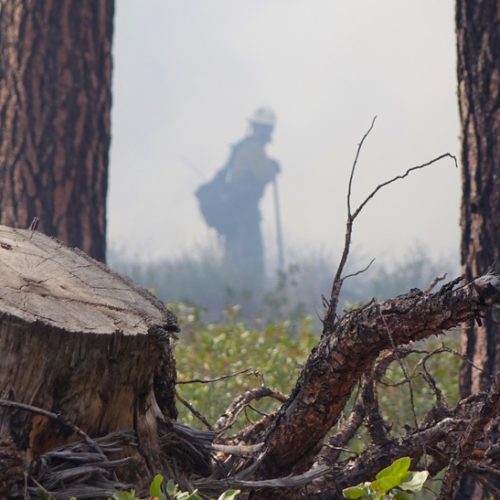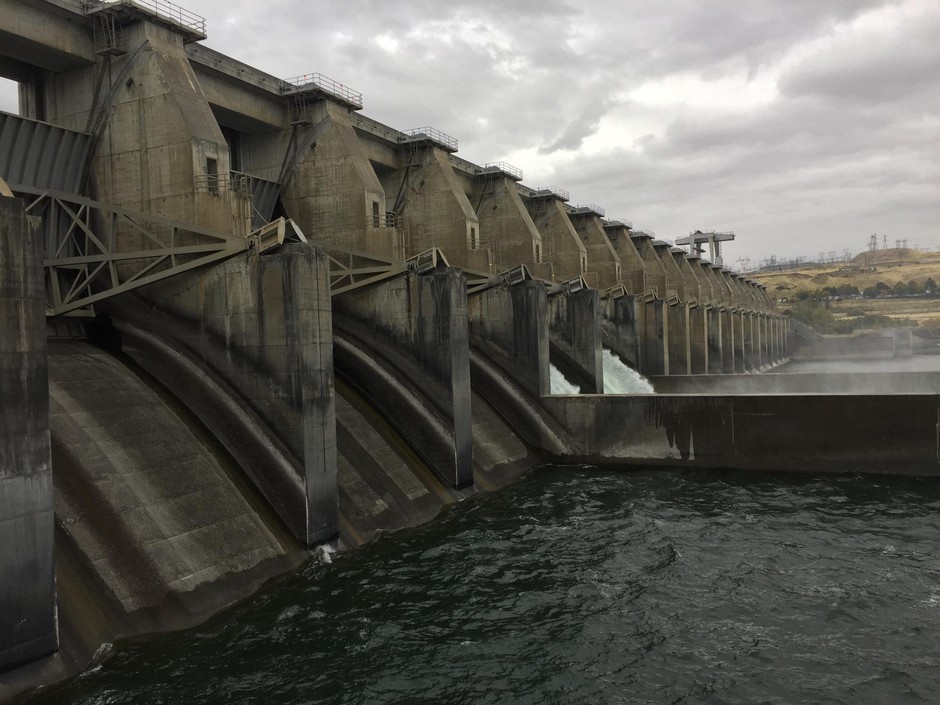
How The Trump Administration’s Environmental Policy Rollback Affects The Northwest
READ ON
A new Trump administration plan to scale back a bedrock environmental law could affect all kinds of projects in the Northwest, including timber sales, hydroelectric dams, and large energy developments like the controversial Jordan Cove liquefied natural gas project with its 235-mile Pacific Connector pipeline.
On Thursday, the Trump administration announced major changes to the National Environmental Policy Act (NEPA) regulations with the stated goal of accelerating the approval process for infrastructure projects.
The proposal’s critics in the Northwest say the new rules are undemocratic and illegal, and many are hoping they will be challenged in court and thrown out.
NEPA requires the federal government to review the environmental impacts of major projects before approving them. The reviews analyze projects’ impacts on air and water quality, wildlife, and other natural resources. They’re also required to consider alternatives that would have fewer impacts.
New Time Limits
The administration’s regulatory changes put new time limits and page limits on the federal government’s environmental reviews, reduce opportunities for public input and allow some projects to be completely excluded from the review process. A new category of projects with “minimal federal funding or involvement” wouldn’t require any kind of environmental assessment.
While the regulations don’t change the law itself, they dramatically change how the law would be implemented by federal agencies.
In its announcement, the administration said the current NEPA regulations have hampered the approval of projects involving roads, bridges, airports, railways and waterways and that the changes will “modernize” the 50-year-old law so that new projects can be built in a “timely, efficient and affordable manner.”
U.S. Sens. Maria Cantell, D-Wash., and Jeff Merkley, D-Ore., were quick to slam the proposal for excluding climate change as one of the environmental impacts agencies would need to consider under NEPA.
“NEPA has provided generations of Americans a say in federal decisions that impact the air we breathe, the water we drink and the public lands we cherish,” Cantwell said in a statement. “This NEPA rewrite favors big polluters and corporate profits over balanced, science-based decision-making and would prevent Washingtonians from voicing their views.”
“Anti-Democratic Changes”
Tom Buschele, a professor of environmental law at Lewis and Clark Law School, said the new regulations make “anti-democratic changes” that will reduce the amount of information the government needs to disclose about its projects and discourage the public from participating in the environmental review process.
“No one likes to admit publicly that they’re going to do something that’s going to have a really adverse effect or is going to hurt the environment,” he said. “Agencies do change what they’re proposing because it looks like the impacts are going to be bad.”
Buschele said he was stunned to see that the new regulations eliminate the need for agencies to review the “cumulative effects” of their actions. That could exclude climate change considerations from NEPA reviews, he said, but it also would affect things like how the U.S. Forest Service reviews the environmental impacts of its timber sales on nearby watersheds.
If the agency has more than one timber sale in a watershed, NEPA would normally require the agency to review the cumulative impacts of all of its timber sales on that watershed.
“It prevents the agency from splitting things up and saying, ‘Well this thing that we’re doing here is not going to have an effect,’ when in fact they’re doing five things that together will have big impacts,” Buschele said.
The new regulations would also exempt confined animal feeding operations that have federal loans or loan guarantees, Buschele said, and they would introduce a bond requirement for anyone trying to get the court to halt a federal action.
“That’s huge,” he said. “If there’s a bond requirement imposed on small environmental groups it’s going to keep them from going into court.”
Buschele said the changes might not affect projects that have already gone through the NEPA process such as the Jordan Cove LNG project and Pacific Connector pipeline.
Brett VandenHeuvel, executive director of the environmental nonprofit Columbia Riverkeeper, said NEPA is responsible for key government analyses of environmental impacts of oil and coal terminals proposed in the Northwest and dam operations in the Columbia River Basin.
“By requiring agencies to disclose the impacts of these projects to the people, it leads to better decisions,” he said. “Sometimes it leads to projects changing. Sometimes it leads to projects being denied.”
VandenHeuvel said the Trump administration is trying to “gut” a fundamental right of Americans to know the impacts of government actions.
“The Trump administration clearly doesn’t want to disclose the impacts of oil and gas terminals or pipelines or other climate-wrecking proposals,” he said. “They would rather see industry have a free ride to do these projects without public involvement.”
VandenHeuvel said he thinks the new regulations are illegal and hopes they will be challenged in court and thrown out.
Buschele said he’s not so sure about that outcome.
“I hope that’s true,” Buschele said. “But Trump has done quite a job transforming the judiciary, and I think some of the judges he has put on the federal bench are not going to have a problem with this.”
The proposed regulations are expected to be published in the federal register on Friday. There will be a 60-day public comment period on the rules and two public hearings before the final regulations can go through.
Copyright 2020 Oregon Public Broadcasting. To see more, visit opb.org
Related Stories:

23 States, Including Washington And Oregon, Sue Trump Admin In Fight Over Vehicle Emissions
The lawsuit comes two days after the Trump administration revoked California’s ability to set its own rules for automobiles. The state’s top prosecutor blasted the move as “arbitrary and capricious.”

U.S. Forest Service Proposes Plan To Reduce Environmental Scrutiny For Public Lands Projects
The U.S. Forest Service is proposing to reduce the public’s role in shaping the way it applies federal environmental laws to projects on public lands. The agency says the changes would help land managers “make timelier decisions based on high quality, science-based analysis.”
















